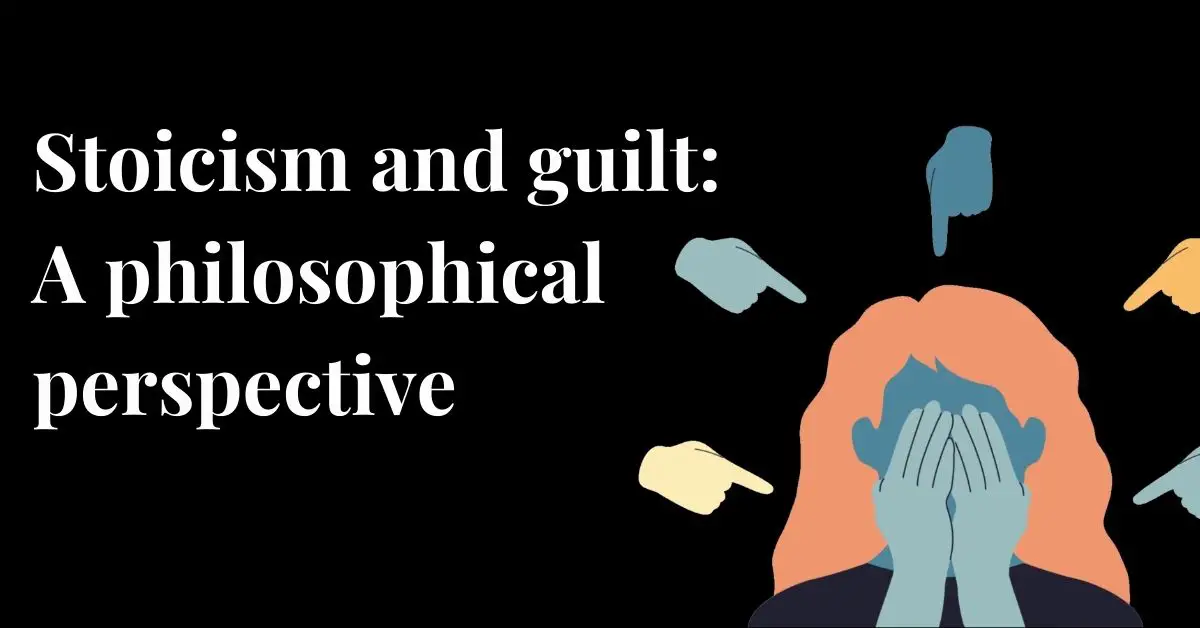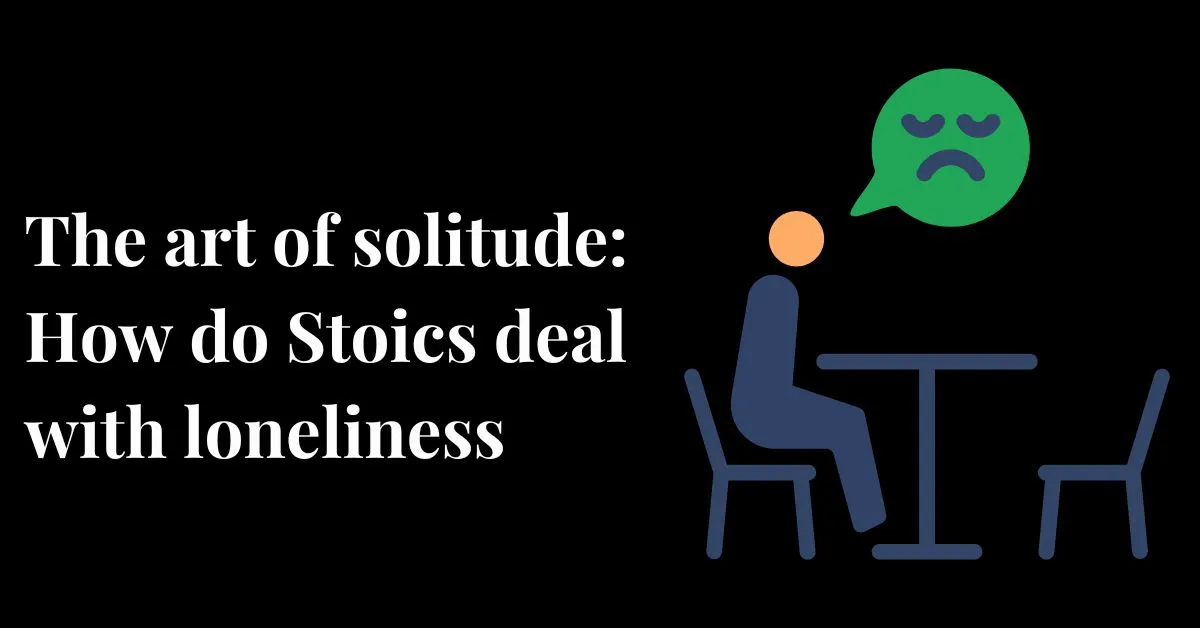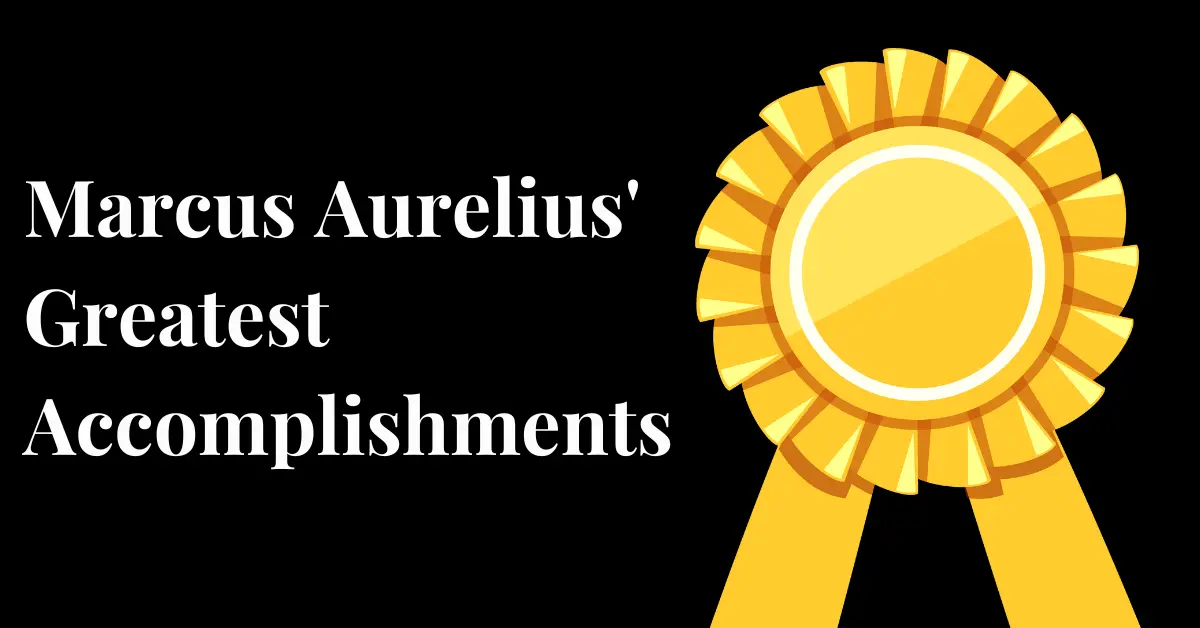Stoicism and the management of guilt: A philosophical perspective
Guilt is a common emotion that many of us will experience during multiple points in our lives. It arises when we do something that goes against our personal values or act in a way that causes harm to others. While guilt can be a helpful emotion, as it serves as a reminder to be the best versions of ourselves, it can also be a difficult emotion to deal with.
In this post, we will explore the Stoic perspective on guilt and discuss strategies for dealing with it in a healthy way. By understanding this philosophical approach to guilt, we can learn how to find peace and move forward in a positive direction.
Table of Contents
Stoicism and guilt
The concept of “moral luck” is important in understanding how the Stoics thought about guilt. It refers to the idea that certain events or actions may be beyond our control, and therefore, in those specific situations, we cannot be held fully responsible for their outcomes.
For example, let’s say that you are driving and you accidentally hit a pedestrian. If you were driving drunk/recklessly, then you would be responsible for your actions and would deserve to feel guilty.
However, if the accident was caused by a mechanical failure that you were unaware of, then you would not be fully responsible for the outcome and should not feel guilty. The Stoics believed that in cases like this, we should focus on our own actions and strive to improve them, rather than dwelling on outcomes that are beyond our control.
Moral luck is a complex issue and it is not always easy to determine how much responsibility someone should bear for a particular action or outcome. But it is an idea that helps to explain how the Stoics thought about guilt and how they believed that people should take responsibility for their actions.
Strategies for dealing with guilt according to Stoicism
Reframe the situation
Instead of dwelling on feelings of guilt, the Stoics encourage us to take a step back and try to understand the broader context in which the action took place.
By doing this, we can gain a more nuanced understanding of the situation, determine whether we are morally responsible, and find ways to prevent similar actions in the future.
Accept responsibility
Once we have a better understanding of the situation, it is important to take responsibility, if necessary, for our actions and do what we can to make amends.
This could include apologizing, fixing any harm that has been caused, or simply making a conscious effort to do better in the future.
Live in the moment
Rather than dwelling on past actions that may have caused guilt, the Stoics encourage us to focus on the present moment and take action to live in accordance with our personal values and virtues.
This might involve setting goals, making positive changes in our lives, or simply striving to be the best versions of ourselves.
Forgiveness is an important aspect of dealing with guilt, according to the philosophy of Stoicism. When we are able to forgive ourselves or others, it can help us to let go of feelings of guilt and move forward in a positive direction.
The role of forgiveness in dealing with guilt
In the Stoic perspective, forgiveness is seen as a personal choice and act of compassion. Rather than holding onto grudges or dwelling on past mistakes, it allows us to let go of negative emotions and focus on the present moment.
This can be especially helpful in the context of guilt, as it allows us to move past any actions or events that may be causing us to feel guilty and focus on living in accordance with our morals.
Conclusion
In conclusion, guilt is an emotion that can be difficult to navigate, but the philosophy of Stoicism offers several strategies for dealing with it. By reframing the situation and seeking to understand the causes and circumstances that led to the action causing guilt, accepting responsibility for one’s actions and making amends where possible, and focusing on the present moment and taking action to live in accordance with one’s personal values and virtues, we can work to overcome feelings of guilt and find a sense of peace.
The role of forgiveness is also important in this process, as it allows us to let go of negative emotions and focus on living a virtuous life. By embracing these principles, we can find a sense of inner peace and contentment, even in the face of difficult circumstances or mistakes.






